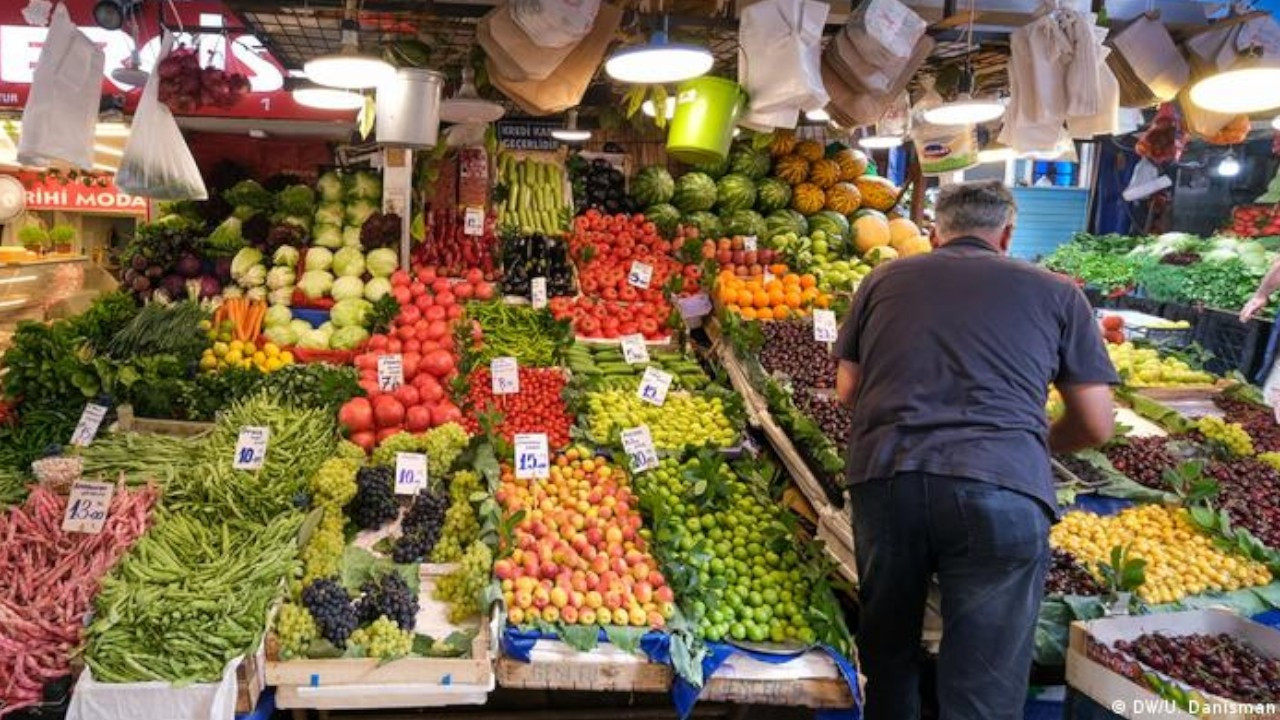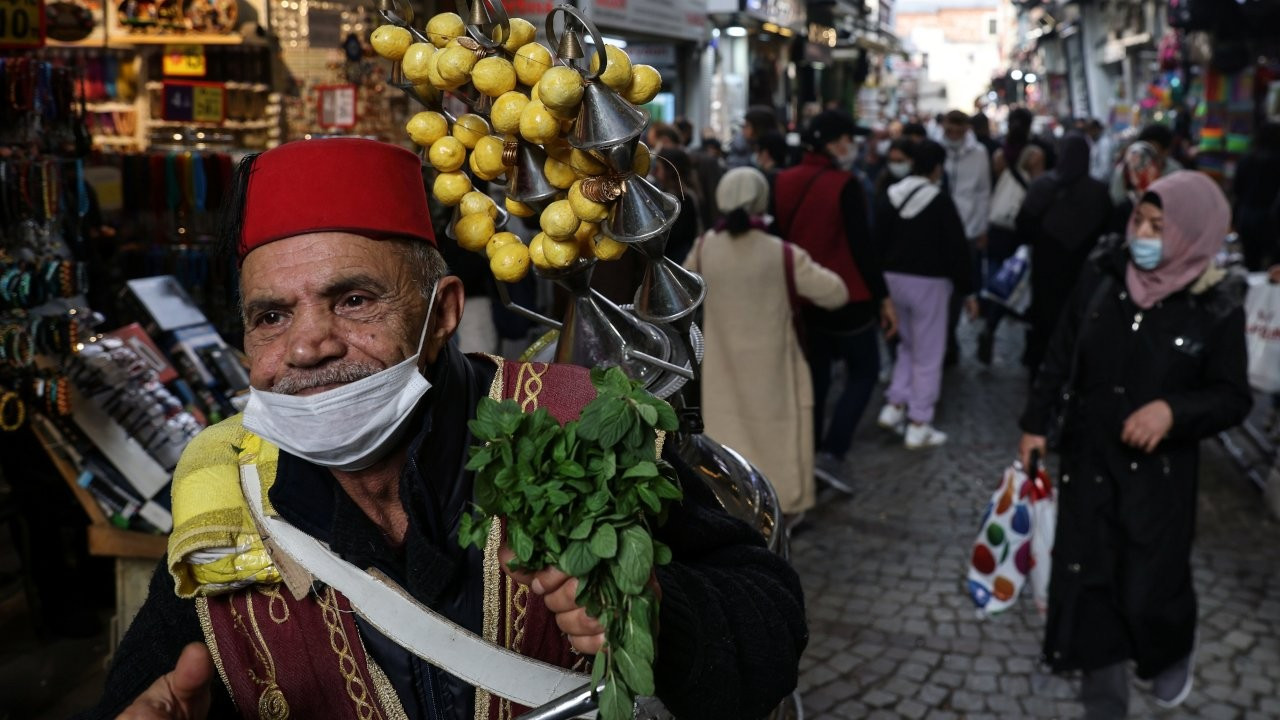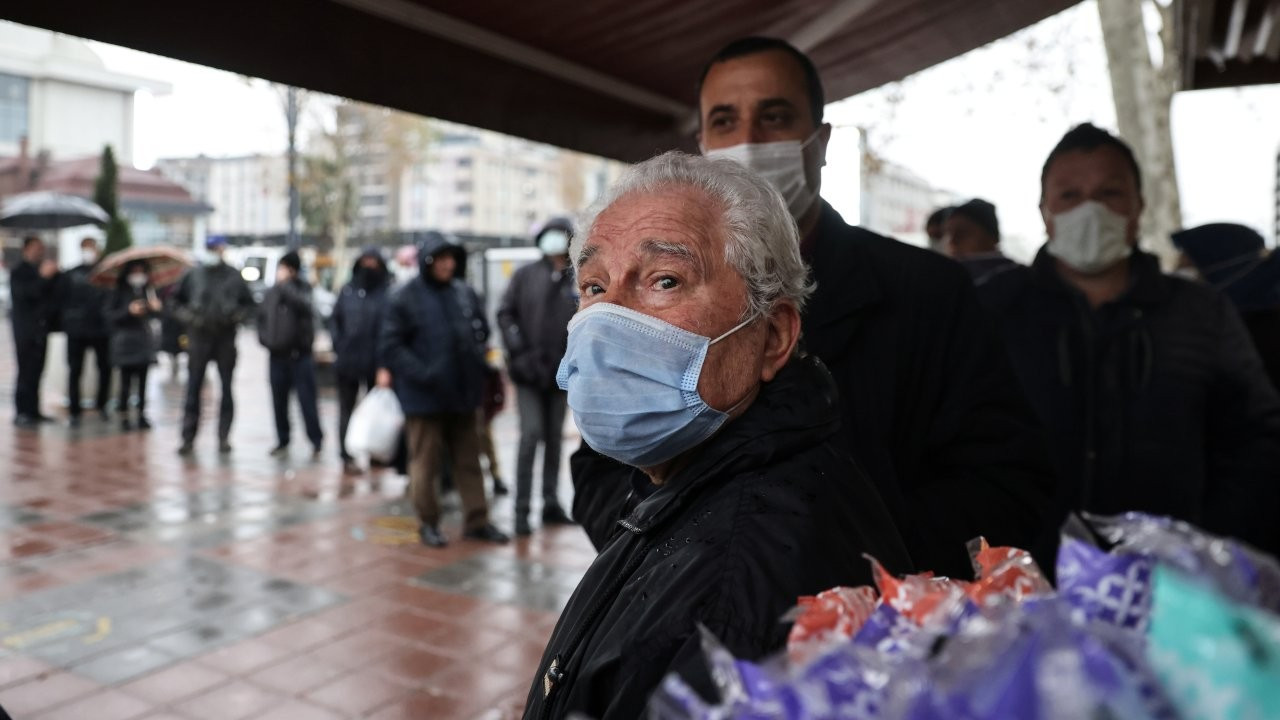Expert questions whether Turkey disposed of produce rejected by EU over harmful pesticides
In the past year, pesticides were found in 190 shipments of produce going from Turkey to the European Union. Europe has labeled these shipments “extremely dangerous” and ordered them destroyed, but whether Turkey disposed of them is unknown.
Duvar English
As Turkey struggles with historic increases in the price of food, the European Union deemed 190 different shipments of Turkish produce in the past year “extremely poisonous,” sent them back to the country, and ordered them destroyed.
Turkey has long been a primary exporter of fruits and vegetables to Europe, but the union requires the produce entering the bloc to meet high-quality standards. Among these standards is a requirement that produce not be laden with pesticides. Now, according to a new European Union report, Turkish goods have increasingly been labeled problematic.
According to Turkish Chamber of Agricultural Engineers President Baki Remzi Suiçmez, Turkey is now the leader in 3 of 10 categories of violations levied on exporters to the bloc. Among the most problematic of these violations was remaining pesticide revenue, which can be extremely dangerous for consumers, the daily Sözcü reported.
In particular, pesticides can be dangerous for children. If they consume high levels of pesticides like aflatoxin - detected in 58 different batches of produce sent to Europe from Turkey this year - they can sustain long-term damage to their nervous system.
As a result of these health hazards, the European Union demands that these goods be destroyed upon return to their country of origin. However, Suiçmez says there is no proof that they were destroyed, or if they were returned into the Turkish ecosystem.
“If you don’t document whether these products were destroyed or not, we cannot address concerns about whether these returned, ‘poisonous’ products are being sold on the domestic market,” he said.
Pınar Kaftancıoğlu, founder of “İpek Hanım's Farm,” says that the increase in the use of pesticides is directly linked to the rise in food prices in Turkey. The Turkish economy is currently in shambles - the Turkish lira is at record lows on the foreign exchange market, while inflation is climbing. In this environment, producers fear losing even a single crop. Therefore, they have increased their use of pesticides to prevent mold, disease, or any other ailments that could threaten their already meager profit, she said.
While the European Union report underlined the rise in pesticide use in 2020, the problem continues this year. In the first five days of December alone, 10 different shipments of produce from Turkey were deemed “extremely poisonous” and returned by the EU.

 EU rejects fruits from Turkey due to harmful pesticide residues Domestic
EU rejects fruits from Turkey due to harmful pesticide residues Domestic In the face of economic crisis, people resort to selling their clothes in TurkeyEconomy
In the face of economic crisis, people resort to selling their clothes in TurkeyEconomy Turks wait in line for cheap bread as inflation eats into earningsEconomy
Turks wait in line for cheap bread as inflation eats into earningsEconomy